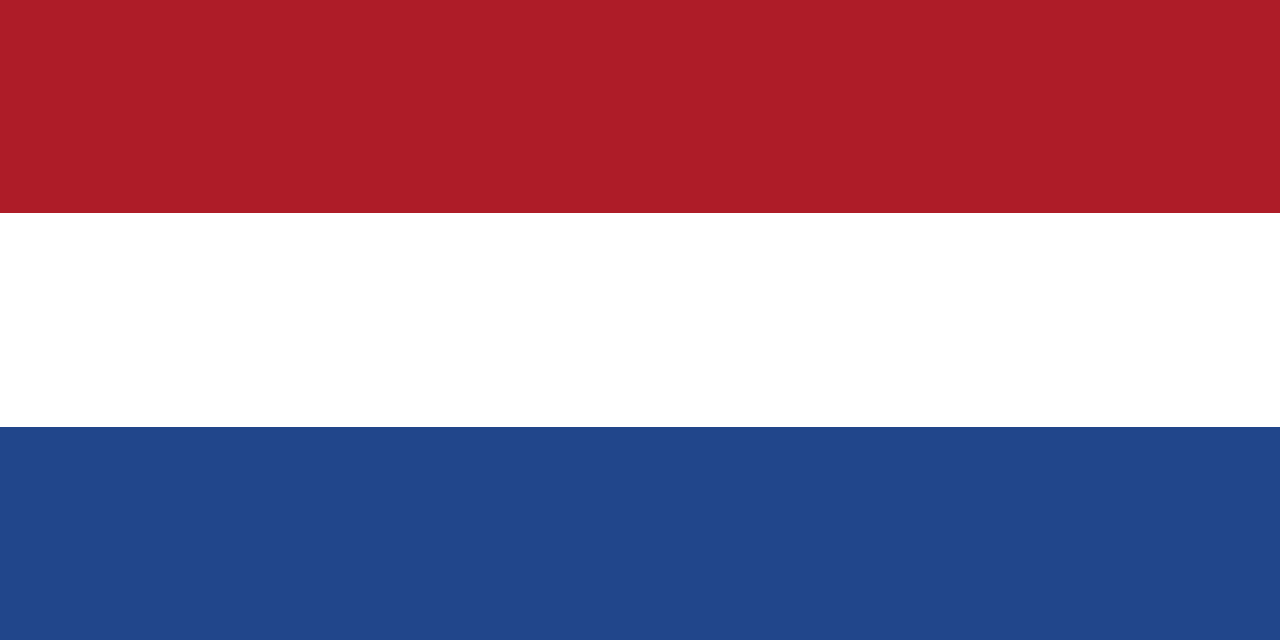This issue’s Daily Linguist features podcasts, LingTok, student conferences to keep an eye out for and plenty of other recommendations.
Tag: LingUU6.2
The OEN-construction: Overt functional heads in the extended prepositional projection
Author: Joeri Vinke
Source: LingUU Journal, vol. 6, Iss. 2, pp. 57-77
Year: 2022
Published by: LingUU Journal
Abstract
Following up on work by Koopman (2000) and Den Dikken (2010), this
paper investigates the Dutch prepositional phrase op één na (the OEN-construction). Rather than having an unmarked locational or directive meaning, the meaning of the OEN-construction is exclusionary and can be paraphrased in English with Apart from (Broekhuis, 2013a). Geerts et al. (1984) take the OEN-construction to be a circumposition. It will be shown that the OEN-construction does not pair in syntactic behaviour with
normal Dutch circumpositions. This behaviour will be explained by analyzing op as being the lexicalisation of CPLACE (Koopman, 2000; Den Dikken, 2010). Expanding, then, on the framework provided by Koopman (2000) and Den Dikken (2010), this article will provide evidence that functional heads within the Extended Prepositional Projection can lexicalize under certain conditions.
Keywords
syntax; prepositional phrases; functional elements; Dutch; circumposition
“ You watch as…” Narrative Perspective and Perspective-Taking in Players of Tabletop Role-Playing Games (TTRPGS)
Author: Keerthi Sridharan
Source: LingUU Journal, vol. 6, Iss. 2, pp. 37-56
Year: 2022
Published by: LingUU Journal
Abstract
Work in the domains of narrative processing and perspective-taking has established that first-person grammatical perspective usage in a written narrative leads to higher levels of reader identification with the narrative character. However, this work has not yet been applied to nontraditional forms of new media. The following paper seeks to study how perspective usage and narrative processing function in a tabletop role-playing game (TTRPG) context. Following a review of established research on narrative processing and identification, the unique language use players are exposed
to in TTRPG environments is explored with regard to current understandings of narrative processing, as well as existing work on perspective-taking and identification on (video) games and role-playing contexts. Lastly, two experiments are proposed to address the question of how the manipulation of grammatical perspective affects identification level with a narrative character among players of Dungeons & Dragons, within and outside of a TTRPG context.
Keywords
narratives; perspective; play; identification; games
Processing of Causal Discourse Connectives in a Second Language: Dutch Want versus Omdat
Author: Ronja van Zijverden
Source: LingUU Journal, vol. 6, Iss. 2, pp. 19-36
Year: 2022
Published by: LingUU Journal
Abstract
This is a proposal of a study which aims to investigate the way advanced English-speaking learners of Dutch process subjective and objective backward causal relations marked by want and omdat. An eye-tracking study is proposed to examine this. Although both English and Dutch native speakers show a slowdown in processing when reading subjective backward causal relations in their native language, this slowdown is observed at a dif ferent position. In English, it is observed at the main verb, while in Dutch, it occurs earlier, directly af ter reading the connective want. It is hypothesized that English-speaking learners of Dutch show L1 transfer when processing backward causal relations. Thus, it is expected that the data will show a slowdown in processing at the main verb, which indicates that English -speaking learners of Dutch are unable to use the subtle dif ferences between want and omdat immediately during processing.
Keywords
discourse; connectives; discourse processing; causality; subjectivity; eye- tracking
On the importance of the null noun. A comparative analysis of the indefinite pronoun construction in Dutch and French.
Author: Tess Wensink
Source: LingUU Journal, vol. 6, Iss. 2, pp. 4-18
Year: 2022
Published by: LingUU Journal
Abstract
Some languages show a change in word order when an indefinite pronoun
is modified. This is the case in the Dutch partitive genitive construction (PGC) and in the French indefinite pronoun structure (IPS), in which an adjective follows an indefinite pronoun. Interestingly, in the Dutch PGC, the adjective is inflected with -s, whereas the preposition de is used in the French IPS. Another dif ference between these languages concerns the indefinite pronouns: whereas only the inanimate indefinite pronoun
can be used in the Dutch PGC, both inanimate and animate indefinite pronouns can be used in the French IPS. I argue that these dif ferences can be explained by the null noun that follows the adjective in both constructions. I suggest that the inflection -s in Dutch licenses and identifies this null noun. In contrast, following Roehrs (2008), I argue that in French, de is the spell-out of the adjunction of the indefinite pronoun and the adjective. The feature specification of the null noun and the agreement between the indefinite pronoun and the adjective explain why an animate indefinite pronoun can be used in French, whereas this is not possible in Dutch
Keywords
indefinite pronoun; partitive genitive; null noun; licensing; identification
LingUU 6.2
Download the complete LingUU 6.2 here.
Editors-in-Chief: Victoria Reshetnikova, Anne Visser, Iris Leliveld
Contents
Research
Wensink, T. (2022) On the importance of the null noun. A comparative analysis of the indefinite pronoun construction in Dutch and French. LingUU Journal, 6(2), pp. 4-18.
Van Zijverden, R. (2022) Processing of Causal Discourse Connectives in a Second Language: Dutch Want versus Omdat. LingUU Journal, 6(2), pp. 19-36.
Sridharan, K. (2022) “ You watch as…” Narrative Perspective and Perspective-Taking in Players of Tabletop Role-Playing Games (TTRPGS). LingUU Journal, 6(2), pp. 37-56.
Vinke, J. (2022) The OEN-construction. Overt functional heads in the extended prepositional projection. LingUU Journal, 6(2), pp. 57-77.
The Daily Linguist. Recommendations for linguistics students. (pp.78)


